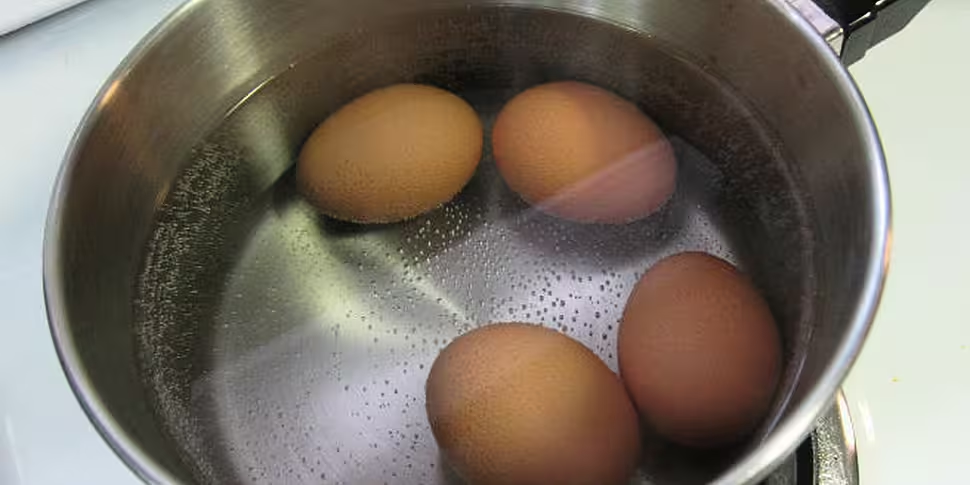[Reddit]
While most of us can scramble and few of us can poach, boiling an egg has arguably been the foolproof method of making your snack time go super ova. But now the news has emerged that scientists have figured out a way to return hard-boiled eggs to their original egg-white form.
Master Chef fans who think this sort of gastro science will impress anyone with a more refined palette, alas, need look the other way, as the process has no immediate benefit for culinary inclinations. But the unboiling does mean the chemists may have cracked a new way of food processing and treating cancer.
“Yes, we have invented a way to unboil a hen egg,” said Gregory Weiss, a biochemist from UC Irvine in a news release. The research team’s work debuted week in the journal ChemBioChem.
Prof Weiss and his team cooked an egg at 90 degrees for 20 minutes, which is not the recommended way to prepare the perfect boiled egg. The overcooked egg-white became hard and white, and then was returned to its gelatinous original form.
When an egg’s temperature is raised, the proteins in the whites transform their shape from tightly-wound chunks to longer meshed strands. This is why an uncooked egg-white is unworthy of its name, its yellow and clear colour unlike the porcelain white of the cooked state – where the meshed strands of protein stop light from passing through.

One of researchers on the UC Irvine team [Steve Zylius/UCI]
To revert the whites back to their original state (known as lysozyme), the researchers start by adding a chemical that turns the solid back into a liquid. Then, using a special machine developed by Australian boffins called a vortex fluid device, the protein strands are untangled from one another.
Now, this ability to separate meshed proteins could potentially be a big win for biochemistry.
“It’s not so much that we’re interested in processing the eggs; that’s just demonstrating how powerful this process is,” the team Weiss says. “The real problem is there are lots of cases of gummy proteins that you spend way too much time scraping off your test tubes, and you want some means of recovering that material.”
The previous methods used to recover the material could take as long as four days.
“The new process takes minutes,” Prof Weiss said. “It speeds things up by a factor of thousands.”









